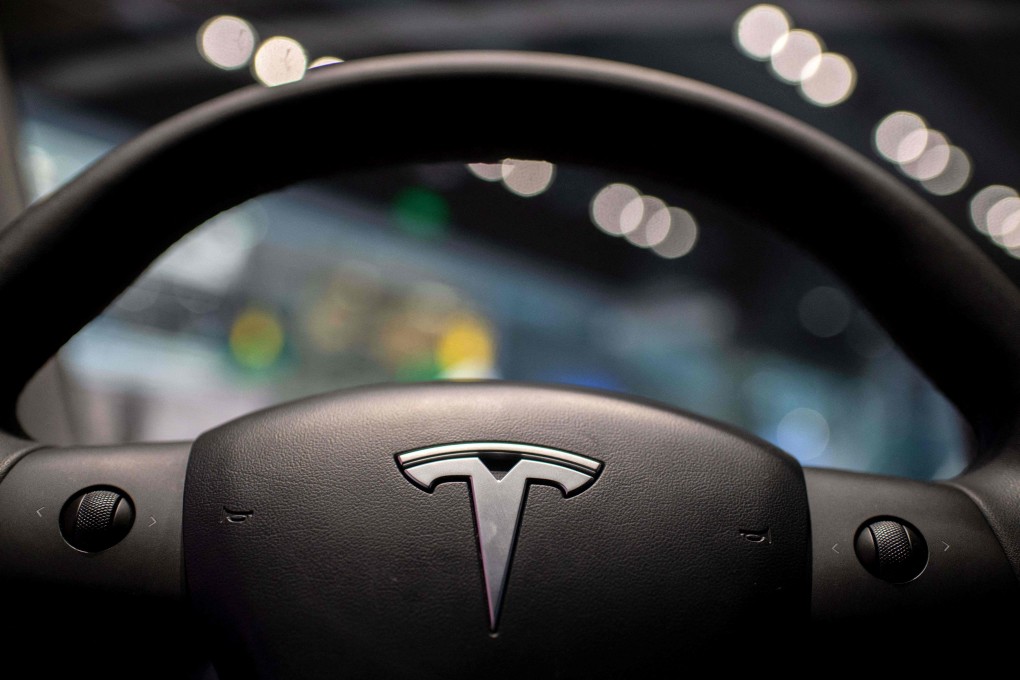Tesla recalls hundreds of imported Model 3 cars in China in another trouble with quality issues
- US carmaker to recall imported Model 3s produced in 2019 for seat belt, loose bolts issues, China’s market regulator said in a statement
- Tesla’s sales in China slipped 27 per cent in April from March amid its troubles with consumers, regulator

The State Administration for Market Regulations said on Thursday that 311 of the cars manufactured in 2019 from January 12 to November 20 were found to have seat belt issues, posing injury risks to passengers in the event of a collision.
Another 423 cars built by the California-based carmaker between February 2 and November 20 that year are also being recalled due to loose bolts that could cause tyre-related problems while heightening risks of collision, the market regulator added in the statement.

01:25
Shocking moment Tesla Model S explodes in a Chinese car park
“The latest recall could deter more mainland consumers from buying its cars because they are battered by worries over quality and safety issues,” said Chen Jinzhu, chief executive of Shanghai Mingliang Auto Service. “It will be a tough year for Tesla to expand its market share in China.”
The affected imported units made it to the mainland market as Tesla’s popularity grew abroad. The rising demand prompted chief executive Elon Musk to splash US$2 billion on its Gigafactory 3 in Lingang near Shanghai to capture local demand. Tesla began delivering its Shanghai-made Model 3s in January 2020, and Model Y SUVs earlier this year.